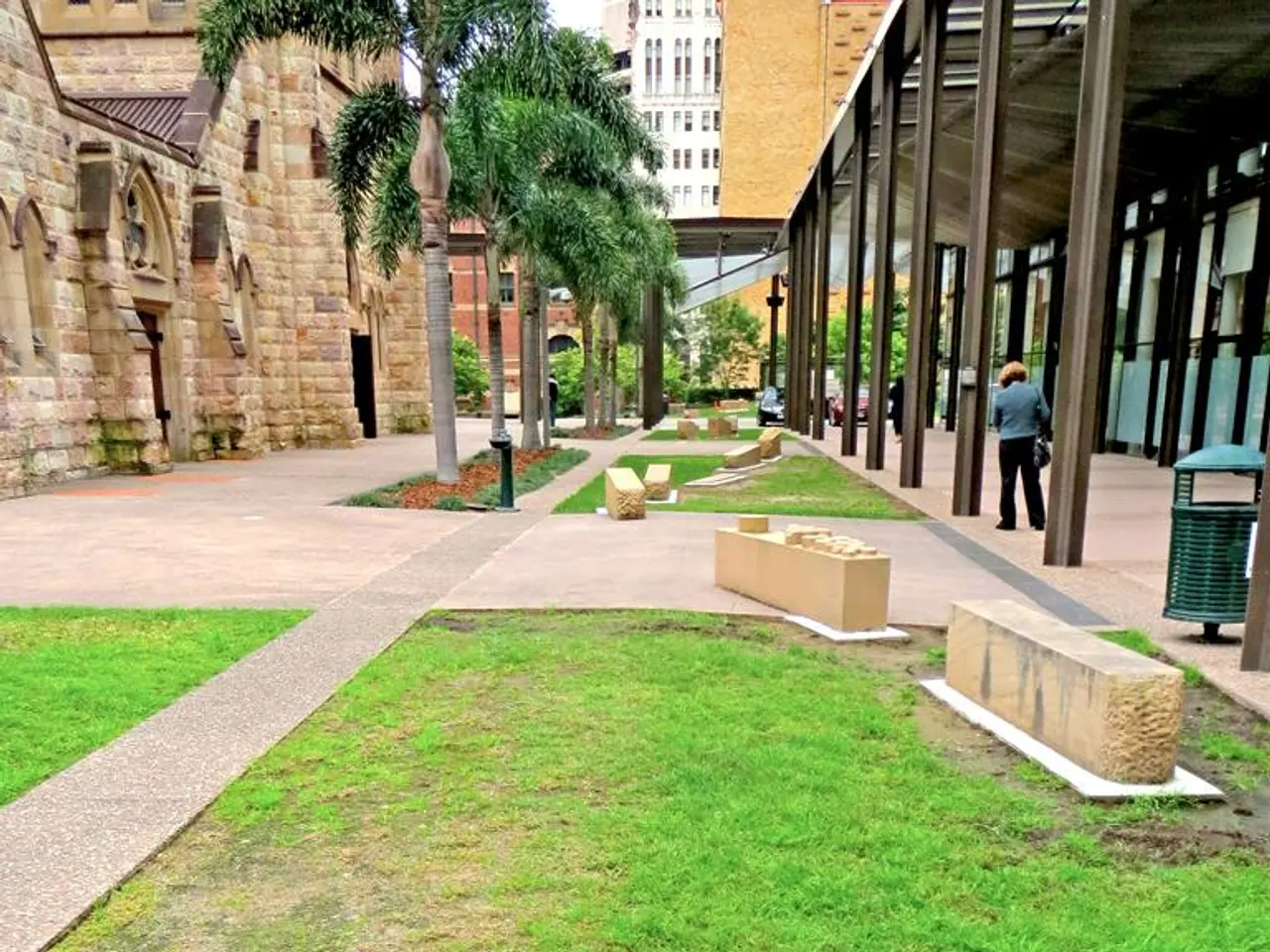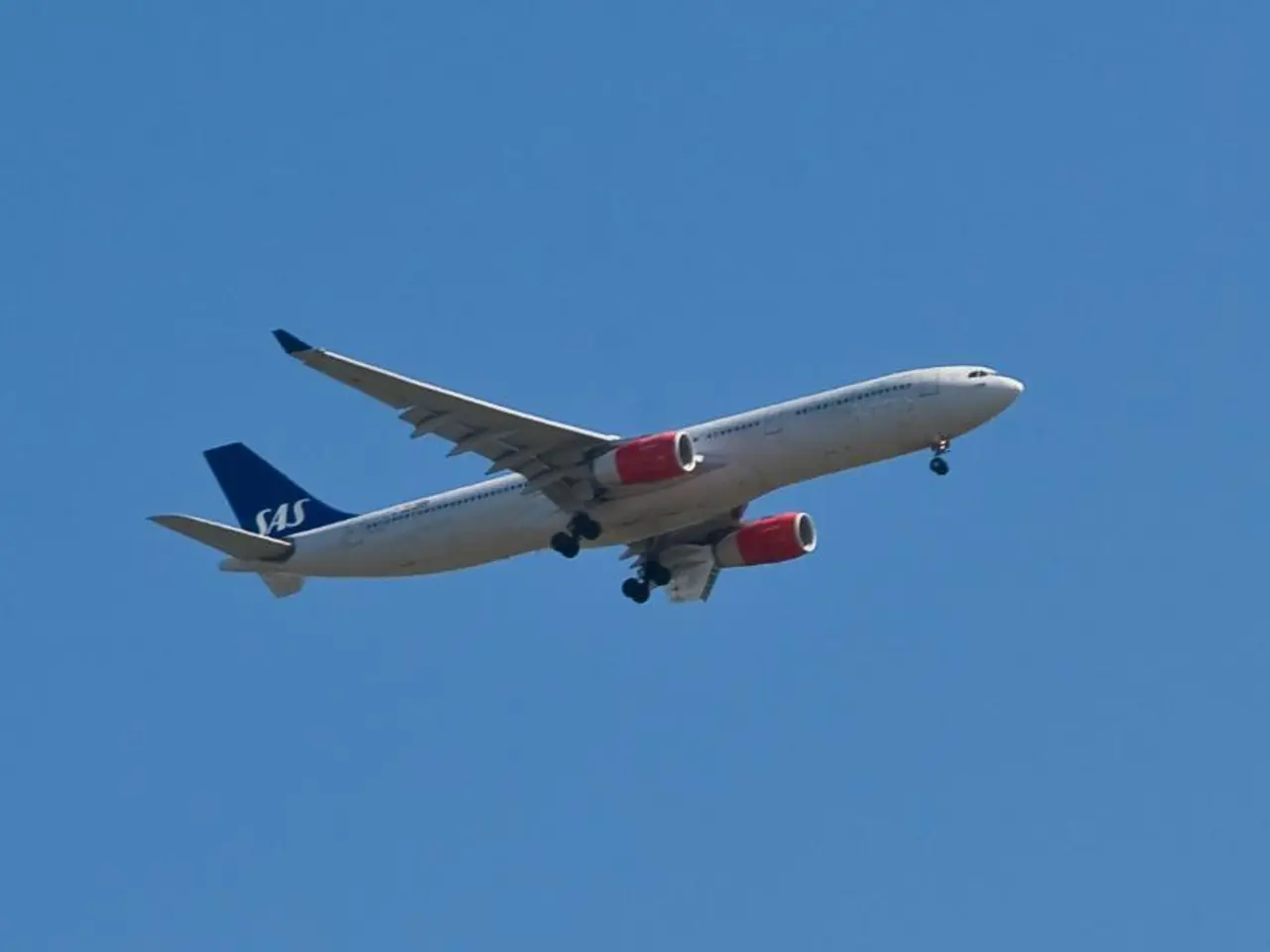Hostage negotiation remains uncertain; Hamas appears to lean towards escalation, according to Israel's warning
Negotiations between Israel and Hamas for the release of hostages and a ceasefire have hit a roadblock, with both parties holding firm to their positions. From Israel's perspective, a partial agreement is not on the table, while Hamas refuses to enter talks until the humanitarian situation in Gaza improves [1].
Israel has emphasized that it will not release terrorists in exchange for hostages, complicating potential prisoner swaps. This stance has been a major hurdle in negotiating a deal, as Hamas has demanded a ceasefire as a precondition for any talks [1].
Internationally, pressure is mounting to address the humanitarian crisis in Gaza, with Hamas linking its negotiation willingness to humanitarian improvement. However, Israel maintains its focus on security, including military strikes on Iranian nuclear sites and related attacks by Iran-backed groups [1].
The impasse reflects deep mistrust and conflicting demands. Hamas links its negotiation willingness to humanitarian improvement, while Israel demands unconditional progress on hostage release and opposes ceasefires without significant security guarantees [1].
Channel 12 News reported growing pessimism in Israel about reaching an agreement for hostage release and a ceasefire. Meanwhile, White House envoy Steve Witkoff is heading to Israel, and a diplomatic source involved in the negotiations warned that the talks are in the process of collapsing [1].
Israel is preparing to intensify the campaign to defeat Hamas, while Hamas has informed mediators of a freeze in negotiations for a ceasefire agreement due to the worsening hunger situation in Gaza. The UN claims it is unable to operate effectively in active combat zones, and Israel has implemented humanitarian pauses and aid deliveries in Gaza due to heavy US pressure [1].
The situation in Gaza places Israel at a crossroads, whether to wait for an agreement that is not materializing or to escalate the fighting, risking the lives of the hostages still held in Gaza. Residents in Gaza are seen shopping freely, using Israeli currency, and buying Israeli canned goods, contrasting with Hamas' propaganda of Gaza suffering "starvation" [1].
Senior members of Hamas are under an escalating starvation campaign, increasing international pressure on Israel. Israel has threatened to annex territory in Gaza if a deal is not reached soon, while Hamas has moved to Turkey, cutting off contact from the talks [1].
Arbel Yehud speaks about ongoing fears and pain related to the situation in Gaza, with anyone imagining a deal with Hamas not understanding reality, according to an unspecified source [1]. The Israeli source noted that advancing a comprehensive agreement could take a long time.
Israel increasingly believes that Hamas' propaganda of Gaza suffering "starvation" is spearheaded by Qatar, adding another layer of complexity to the already volatile situation. As the stalemate continues, the future of the hostages and the possibility of a ceasefire remain uncertain.
- The impasse in negotiations between Israel and Hamas, as both parties hold firm to their positions, is affecting the general news landscape, with discussions revolving around war-and-conflicts and politics, particularly focus on the hostage situation and the potential ceasefire.
- Israel's strategy in the ongoing conflict with Hamas involves a focus on security, including military strikes and annexing territory in Gaza, while Hamas links its negotiation willingness to humanitarian improvements, demonstrating the interplay of war-and-conflicts, politics, and general news in the region.








